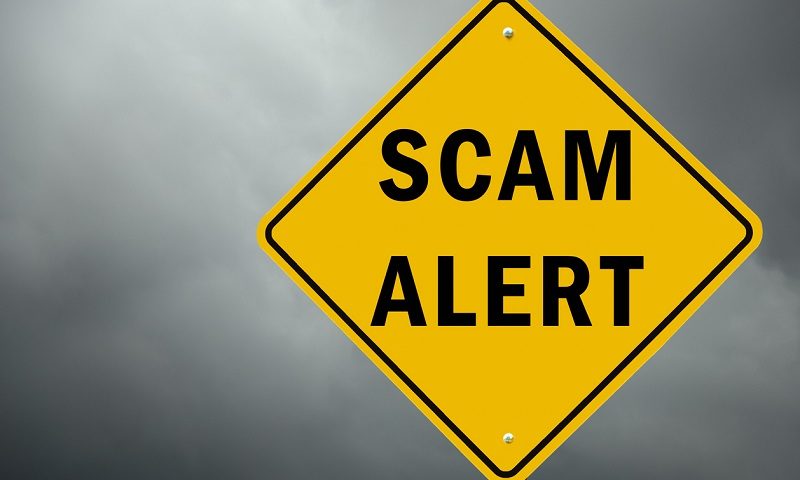Rise in online phishing scams targeting motorists

Feeling paranoid about online fraud? Recent findings by TransUnion show Covid-related digital fraud remains a growing threat in the UK, with 28% of households targeted by some sort of online scam.
That’s up from 22% in the first weeks of lockdown, with phishing the most common form of scam.
So, what sort of scams are targeting drivers and what can you do to protect yourself from the phishing trap?
Online phishing scams target motorists
Even before the COVID-19 pandemic, the DVLA was warning of a 20% rise in reported scams, with over 1,500 reports of suspected vehicle tax scams alone during the last three months of 2019.
This included reports of drivers being sent links to car-related services that don’t exist and fake messages about tax refunds. Reports also showed a shocking number of stolen or fraudulent driver and vehicle documents for sale online.
In September 2020, an email purporting to be from the DVLA asked drivers to change their personal banking details online in order to avoid ‘termination’ of their driving licence.
Not only did the email use the official DVLA logo, but also included a CTA linking to the genuine GOV.UK website, fooling unsuspecting drivers into believing the email was official.
In a statement, the DVLA said it will never send out emails asking to confirm personal details online, urging drivers to delete these messages straight away.
A spokesperson for Action Fraud said: “Taking a couple of minutes to familiarise yourself with a few simple online safety tips can be significant in protecting yourself from becoming a victim of online fraud.
“You should always be cautious when sharing personal information online and avoid being scammed by only using GOV.UK for government services online, such as the DVLA.”
How to avoid online car scams
According to a recent survey, the percentage of households regularly checking their credit has jumped from 9% in May to 27% as people feel more at risk of online scams.
But what can you do to help protect against online fraud? Follow our top tips to help keep your personal details under wraps:
- Always go via GOV.UK
When looking for online services or attempting to update your personal details, always go directly to GOV.uk from your browser. Never trust a link sent to you via email, even if it looks safe.
2. Look out for misleading websites
Be wary of third party websites offering to help you apply for a driving licence or vehicle tax. These will often include hidden charges that you could get cheaper or for free at GOV.UK.
3. Never share personal details
Never share your personal information of passwords online. This includes images of your driving licence or vehicle documents, as scammers can use these to steal your identity.
4. Look out for fake texts
DVLA will never send you a text about vehicle tax refunds or requests for personal information. If you get a suspicious text, delete it straight away.
Reporting fraud
Have you been a victim of fraud? You can report any suspicious online activity to the police via the Action Fraud website, or by phoning 0300 123 2040.


